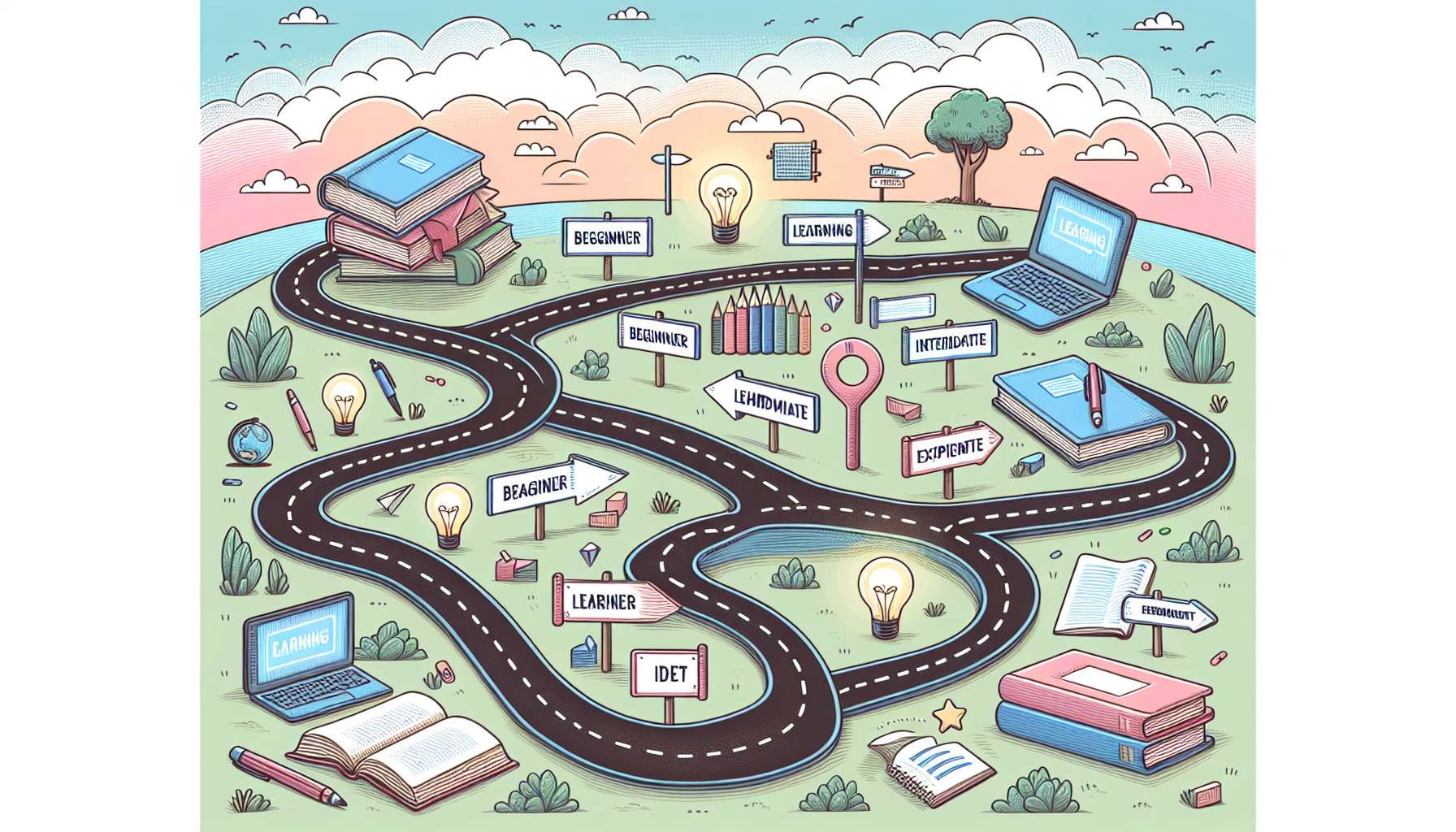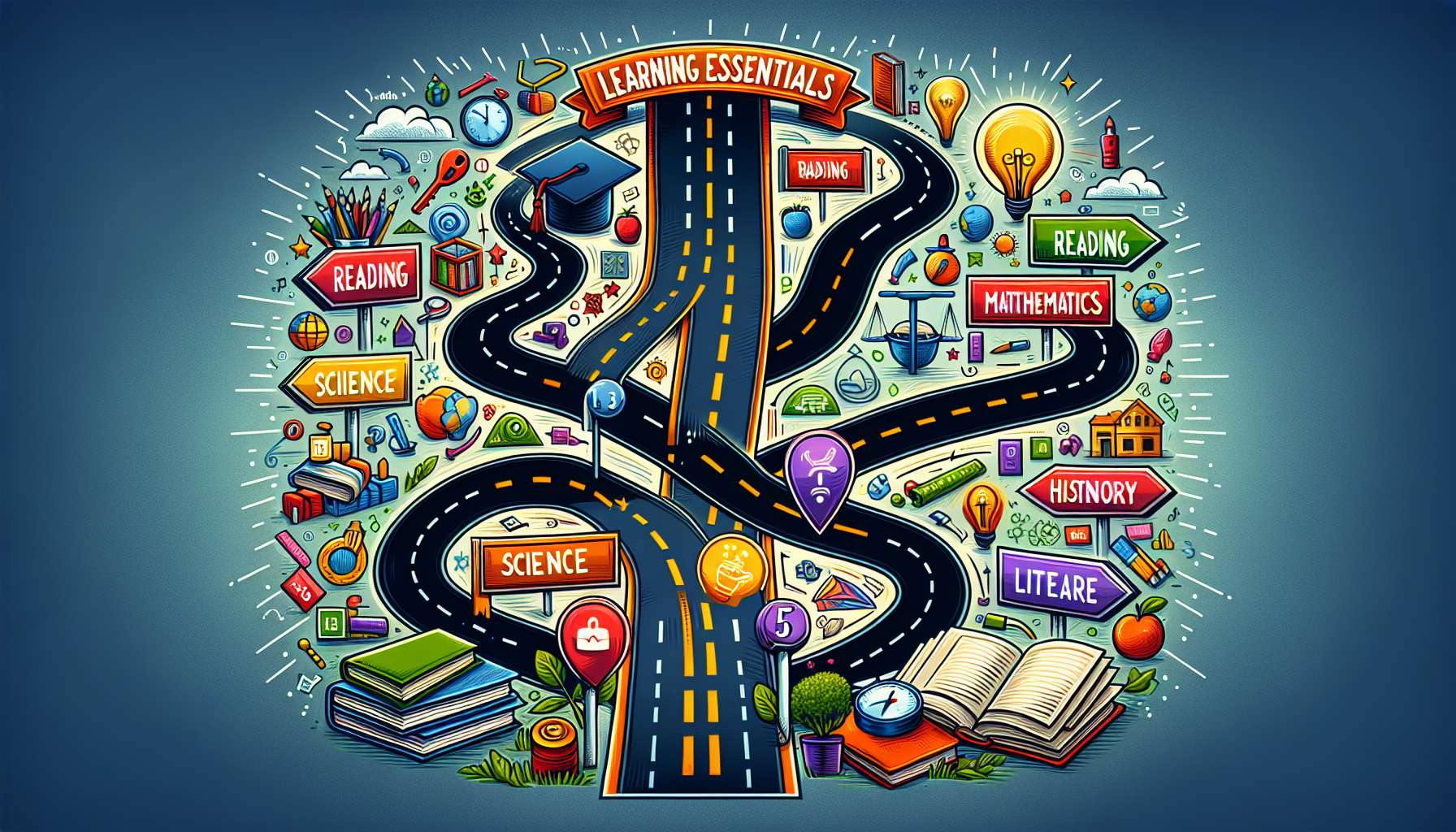Exploring the Foundations of Education: A Comprehensive Guide
Education serves as the cornerstone of society, shaping the minds of individuals and propelling progress. But what lies at the core of this vital institution? Welcome to an in-depth exploration of Educational Foundations, where we unravel the intricacies, history, and significance of this fundamental concept. Join us on a journey to uncover the key principles and practices that underpin the world of education.
The Evolution of Educational Foundations
Education is not a static entity but a dynamic process that has evolved over centuries. The roots of modern education can be traced back to ancient civilizations such as Greece, Rome, and China, where scholars laid the groundwork for formalized learning. Throughout history, various educational philosophies, including Idealism, Realism, Pragmatism, and Existentialism, have influenced the structure and content of educational systems.
In the modern era, the concept of Educational Foundations has gained prominence as a field of study that examines the historical, philosophical, social, and cultural underpinnings of education. By delving into the history of education, educators can gain valuable insights into the origins of current practices and trends.
The Philosophical Foundations of Education
Philosophy plays a crucial role in shaping educational practices and policies. From the idealistic visions of Plato to the pragmatic approaches of John Dewey, philosophical perspectives have informed debates on curriculum development, teaching methods, and the purpose of education. Understanding the philosophical foundations of education can help educators align their practices with broader theoretical frameworks and ethical considerations.
For example, the perennial debate between traditionalism and progressivism continues to influence educational philosophies today. Traditionalists emphasize the importance of transmitting cultural knowledge and values to future generations, while progressives advocate for student-centered learning and experiential education. By examining these philosophical tensions, educators can navigate complex educational landscapes and make informed decisions about pedagogy and curriculum design.
Sociological Perspectives on Education
Education does not exist in a vacuum but is deeply intertwined with societal structures and norms. Sociological perspectives on education explore how social factors such as class, race, gender, and ethnicity shape educational opportunities and outcomes. By examining issues of inequality, diversity, and social justice, educators can address systemic barriers to learning and promote equitable access to education.
For instance, the concept of cultural capital, introduced by sociologist Pierre Bourdieu, highlights how social background and resources influence educational success. Educators can use this framework to create inclusive learning environments that value diverse perspectives and support students from marginalized communities.
The Role of Educational Psychology
Understanding the psychological foundations of education is essential for creating effective learning environments and supporting student development. Educational psychology explores how individuals learn, think, and behave in educational settings, offering insights into cognitive processes, motivation, and social-emotional learning. By applying psychological principles to teaching and learning, educators can enhance student engagement, motivation, and academic achievement.
For example, cognitive load theory provides a framework for understanding how to optimize learning by managing the cognitive demands placed on students. By designing instructional materials that align with cognitive processes, educators can help students process information more effectively and retain knowledge over the long term.
Technology in Education: Innovations and Challenges
The integration of technology into education has revolutionized teaching and learning practices, offering new opportunities for collaboration, personalization, and access to information. From online learning platforms to interactive educational tools, technology has transformed the educational landscape and opened up new possibilities for educators and students alike.
However, the widespread adoption of technology in education also poses challenges, such as digital equity issues, privacy concerns, and the need for digital literacy skills. Educators must navigate these complexities to harness the full potential of technology as a tool for enhancing learning outcomes and preparing students for success in the digital age.
Educational Policy and Reform
Educational policy plays a critical role in shaping the direction of education at local, state, and national levels. Policymakers make decisions about curriculum standards, assessment practices, funding allocations, and teacher training, which have far-reaching implications for students, teachers, and communities. By understanding the policy-making process and advocating for evidence-based reforms, educators can influence the future of education and promote positive change.
For example, the implementation of the Common Core State Standards in the United States sparked debates about academic rigor, standardized testing, and curriculum alignment. Educators and policymakers continue to grapple with the implications of these standards on teaching practices and student learning outcomes, highlighting the complex interplay between policy, practice, and student achievement.
Expert Opinions: Perspectives from Educational Leaders
To provide further insights into the field of Educational Foundations, we reached out to educational leaders and experts for their perspectives on the topic. Dr. Jane Smith, a renowned educator and author, shared her views on the importance of understanding the historical and philosophical foundations of education.
“Educational Foundations offer a rich tapestry of ideas and theories that can inform our practice as educators,” Dr. Smith stated. “By engaging with the historical roots of education and exploring diverse philosophical perspectives, we can deepen our understanding of the complexities of teaching and learning.”
Dr. John Doe, a leading researcher in educational psychology, emphasized the role of psychology in shaping educational practices. “Educational psychology provides valuable insights into how students learn and how educators can support their cognitive, emotional, and social development,” Dr. Doe explained. “By integrating psychological principles into teaching strategies, we can create more engaging and effective learning experiences for students.”
Common Misconceptions About Educational Foundations
Despite its importance, Educational Foundations is often misunderstood or overlooked in discussions about education. One common misconception is that Educational Foundations is solely concerned with the history of education, neglecting its broader implications for teaching, learning, and policy development.
In reality, Educational Foundations encompasses a wide range of disciplines and perspectives, including philosophy, sociology, psychology, and policy studies. By exploring these diverse dimensions, educators can gain a more comprehensive understanding of the complex factors that shape educational practices and outcomes.
Comparative Analysis: International Perspectives on Educational Foundations
Education varies significantly across countries and cultures, reflecting diverse historical, social, and political contexts. A comparative analysis of international perspectives on Educational Foundations can shed light on the similarities and differences in educational systems around the world.
For example, while some countries prioritize rote memorization and standardized testing, others emphasize creativity, critical thinking, and experiential learning. By examining these contrasting approaches, educators can gain valuable insights into effective teaching strategies and curriculum design that can be applied in their own contexts.
Conclusion: Embracing the Foundations of Education
To wrap things up, Educational Foundations serve as the bedrock of the education system, providing a framework for understanding the historical, philosophical, sociological, and psychological underpinnings of teaching and learning. By delving into these foundational principles, educators can enhance their practice, promote equity and inclusion, and prepare students for success in a rapidly changing world.
As we navigate the complexities of education in the 21st century, it is essential to embrace the rich tapestry of ideas and theories that underpin the field of Educational Foundations. By engaging with diverse perspectives, challenging assumptions, and advocating for evidence-based reforms, educators can shape the future of education and empower students to reach their full potential.




